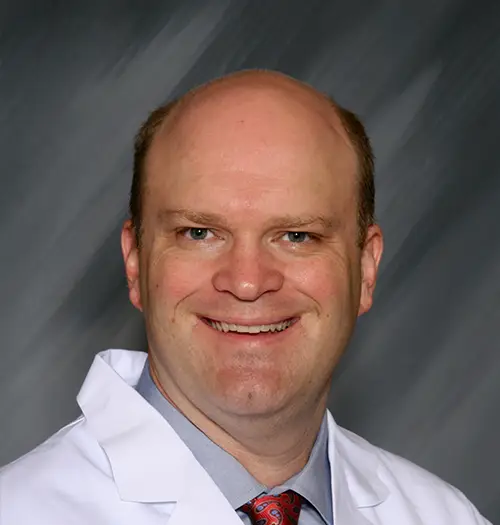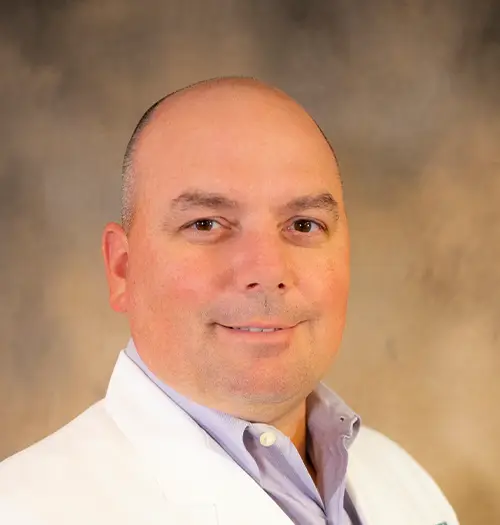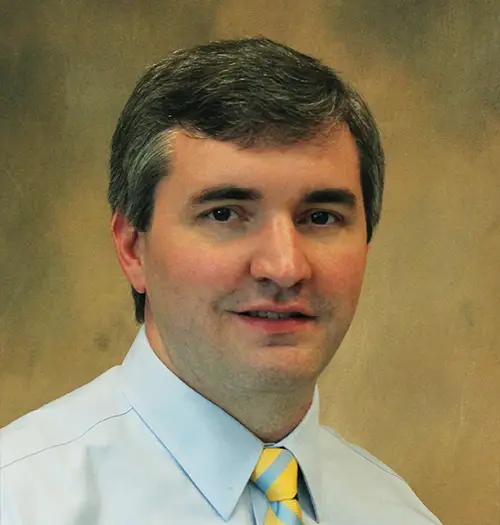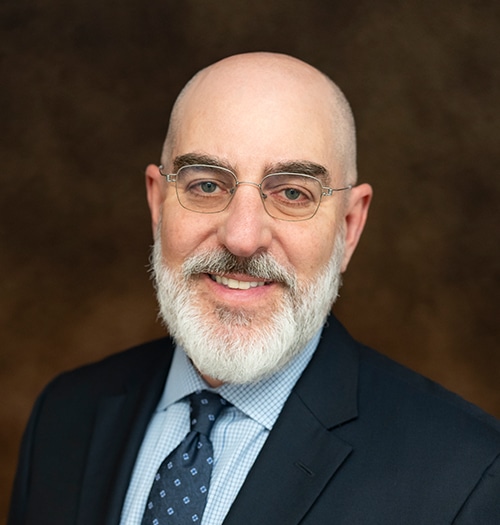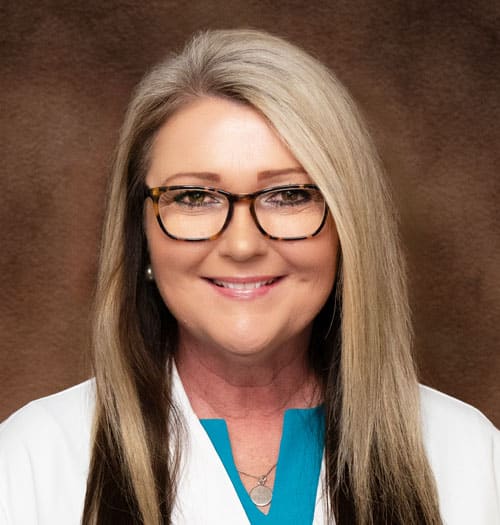Neurology Overview
The board-certified neurologists at Hattiesburg Clinic specialize in diagnosing and treating conditions affecting the brain, spinal cord and nerves. We use advanced imaging and the latest technology to identify the root cause of your symptoms and create a personalized care plan based on your unique needs. Our providers offer a full range of neurological services, from infusions to long-term memory care, to enhance patients’ quality of life.



